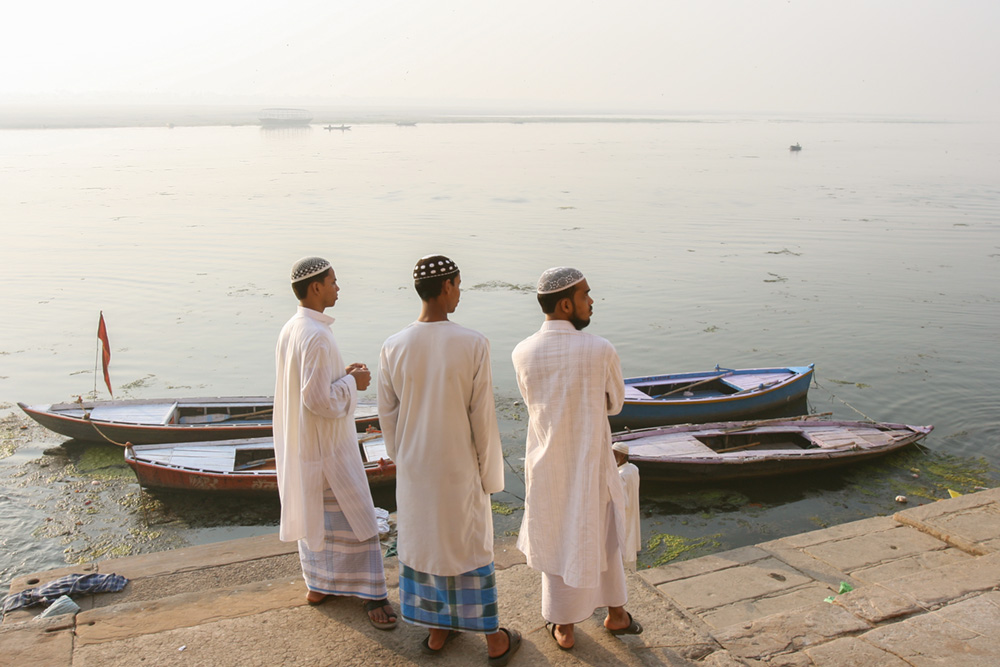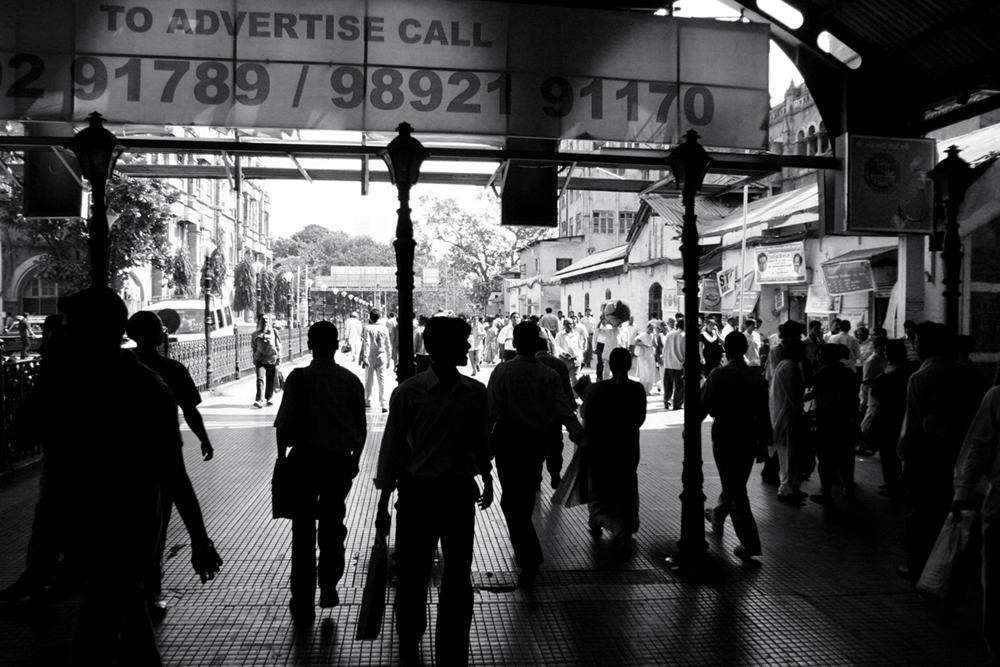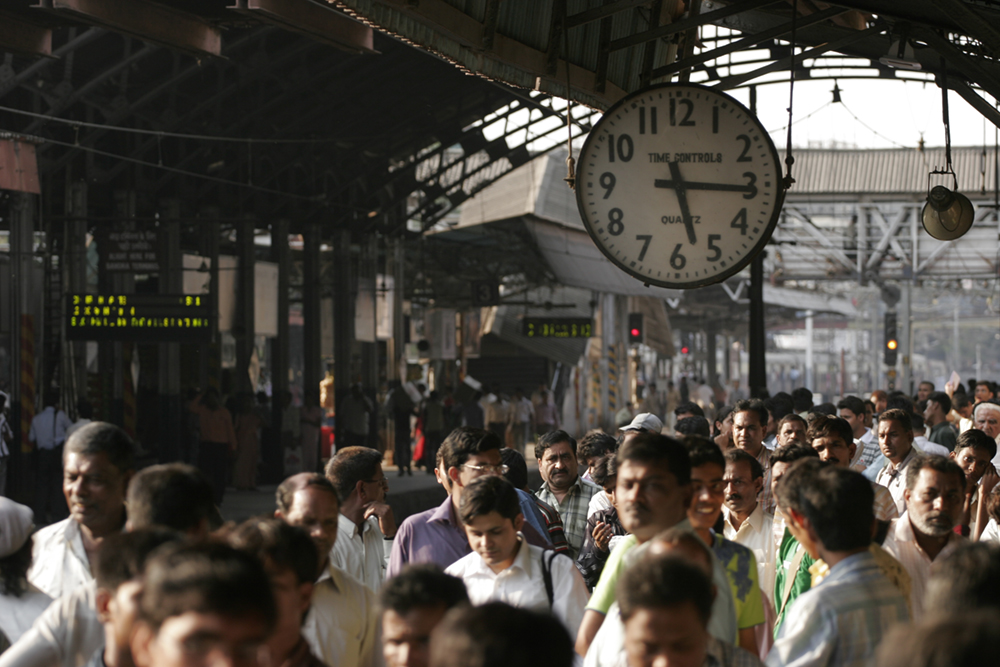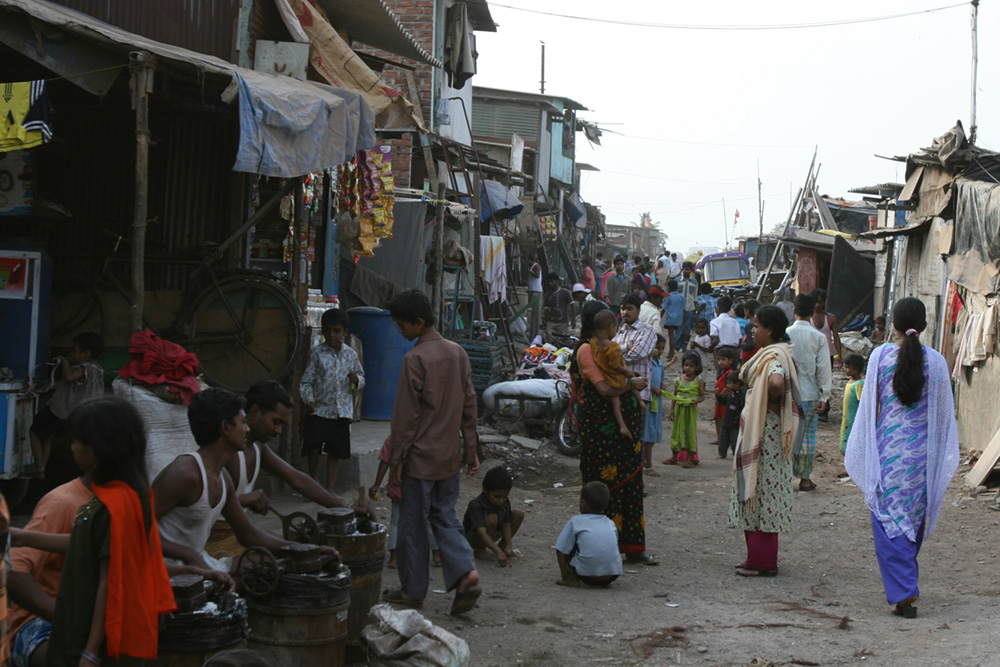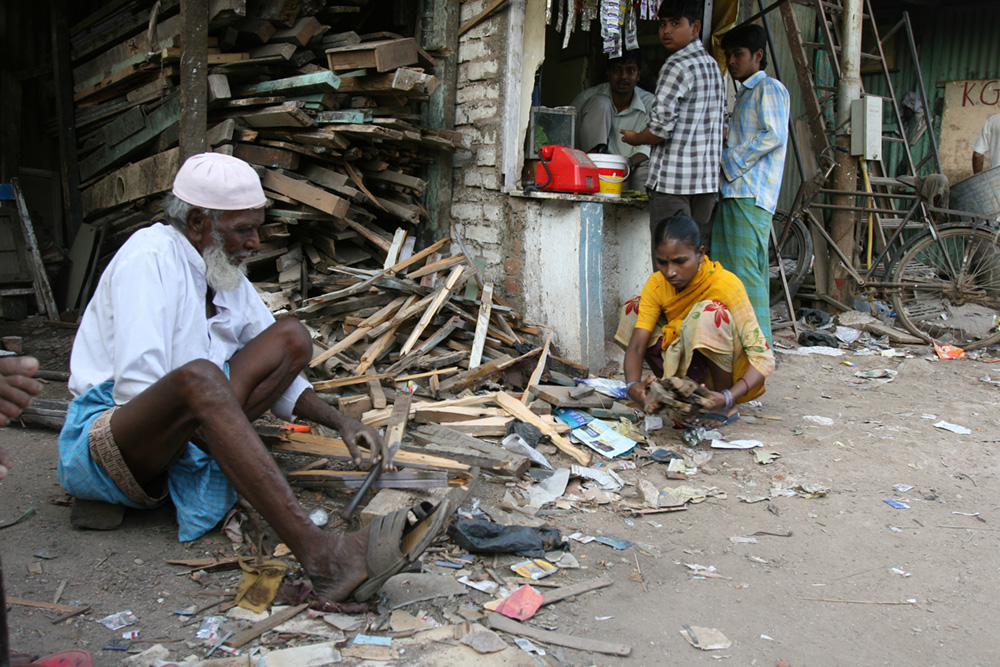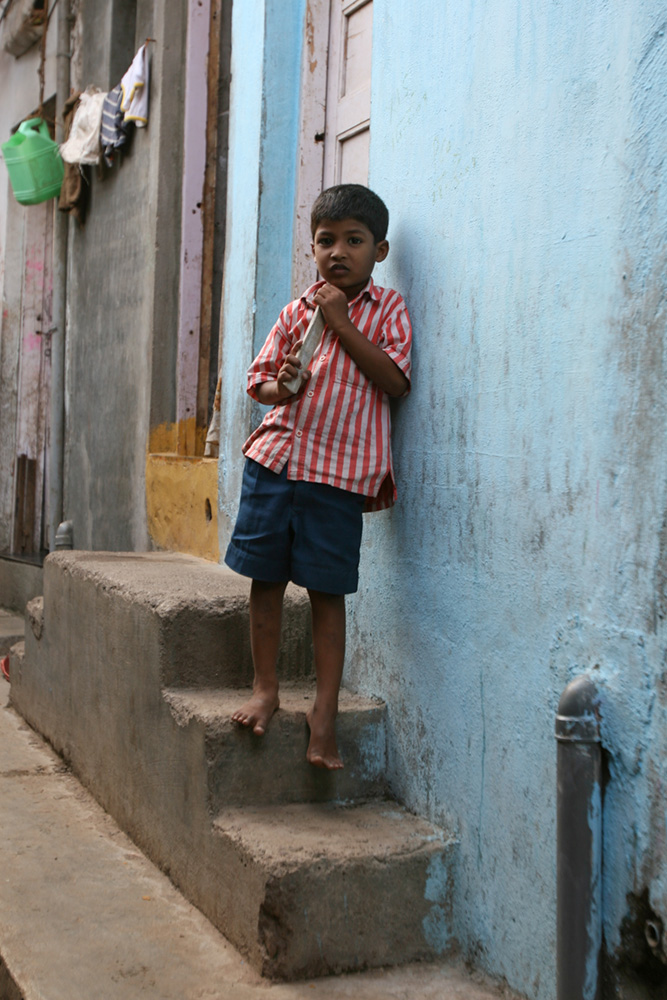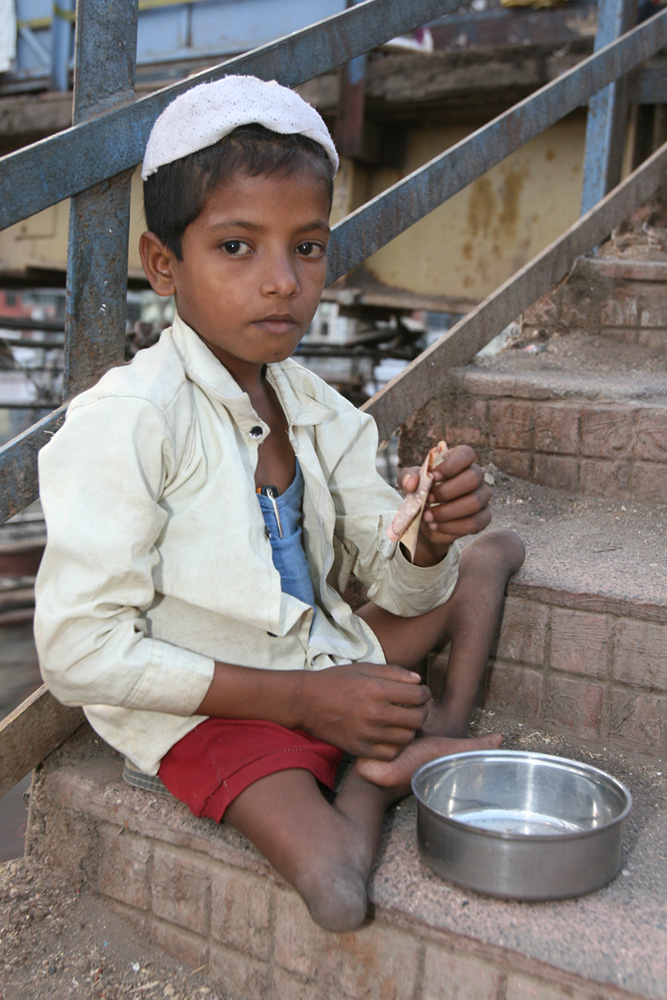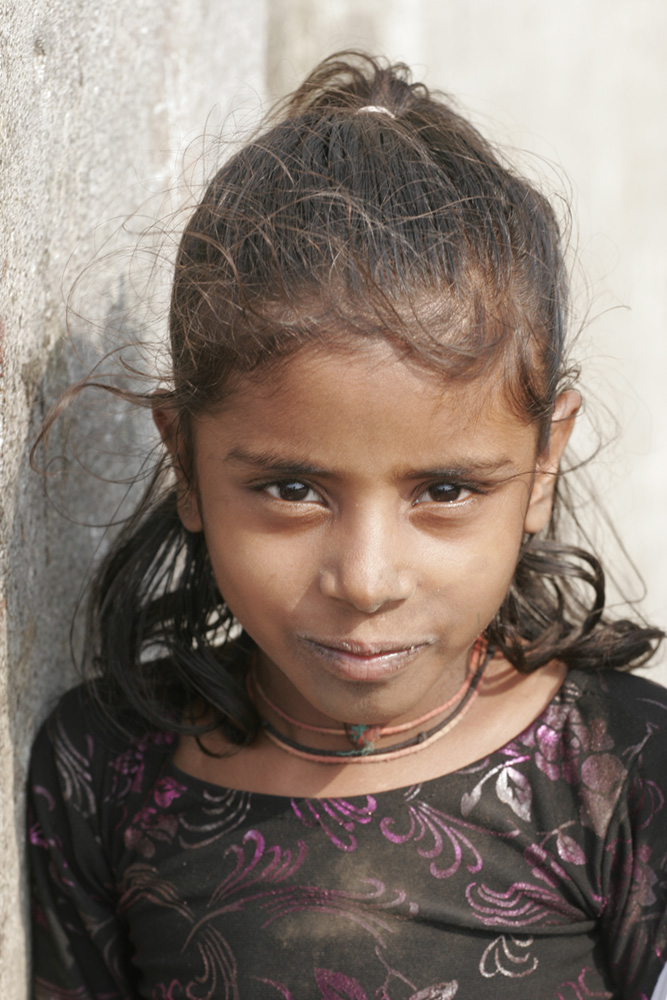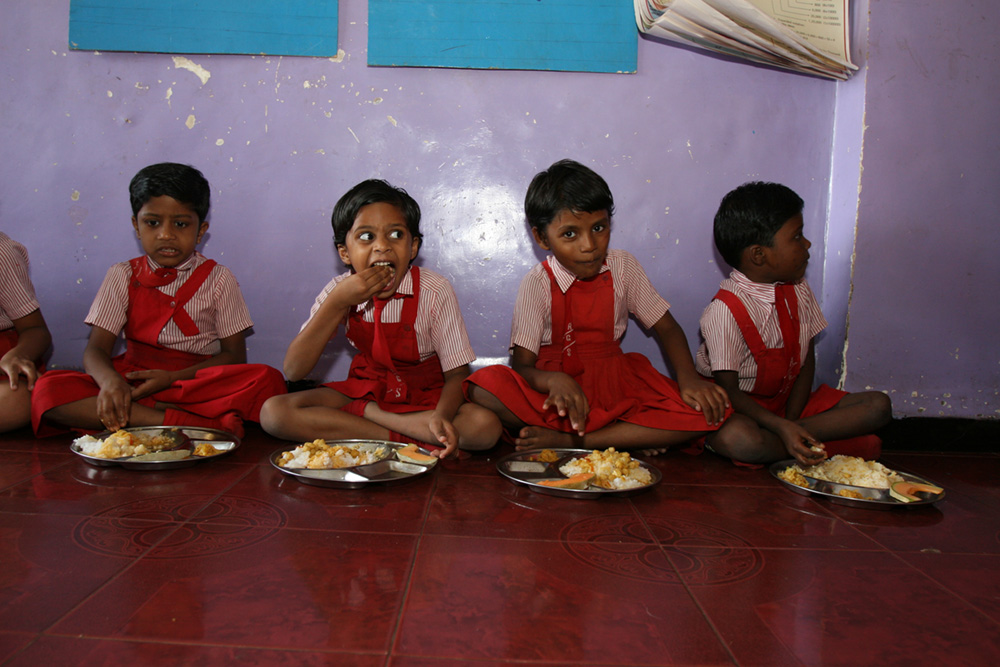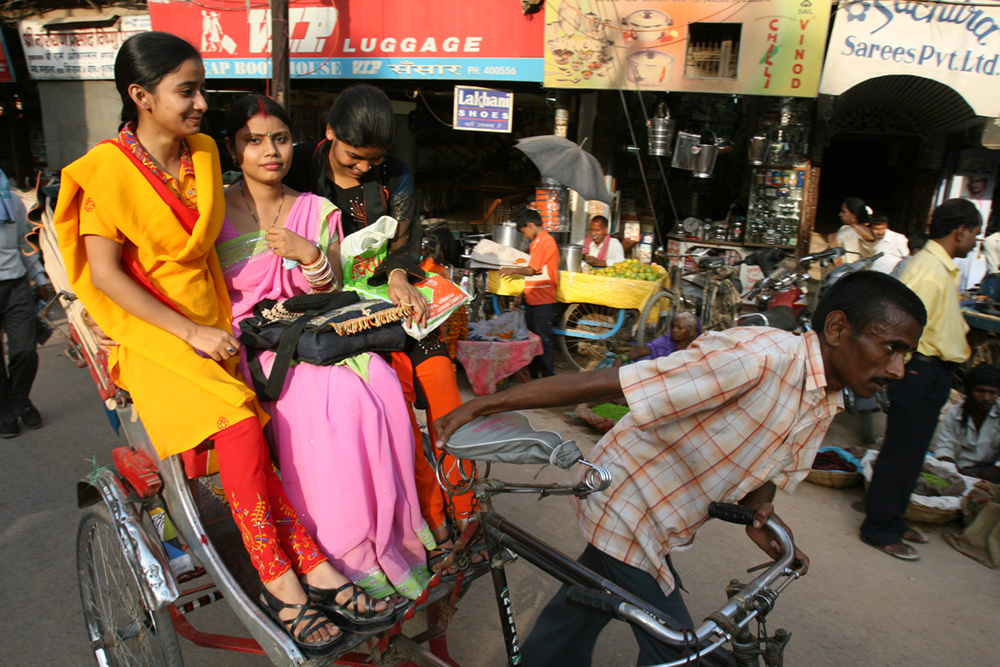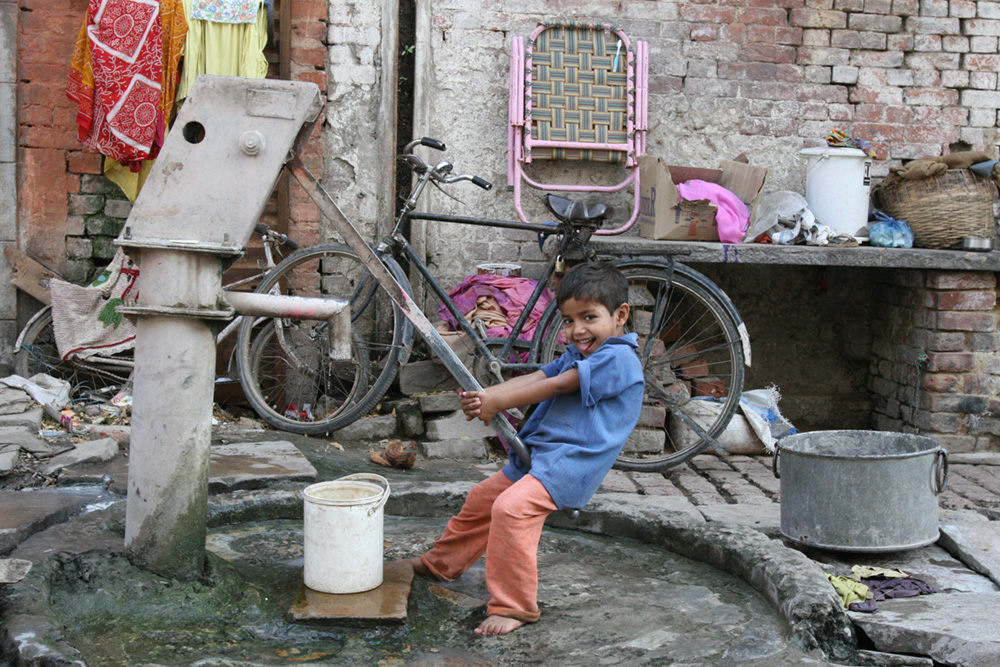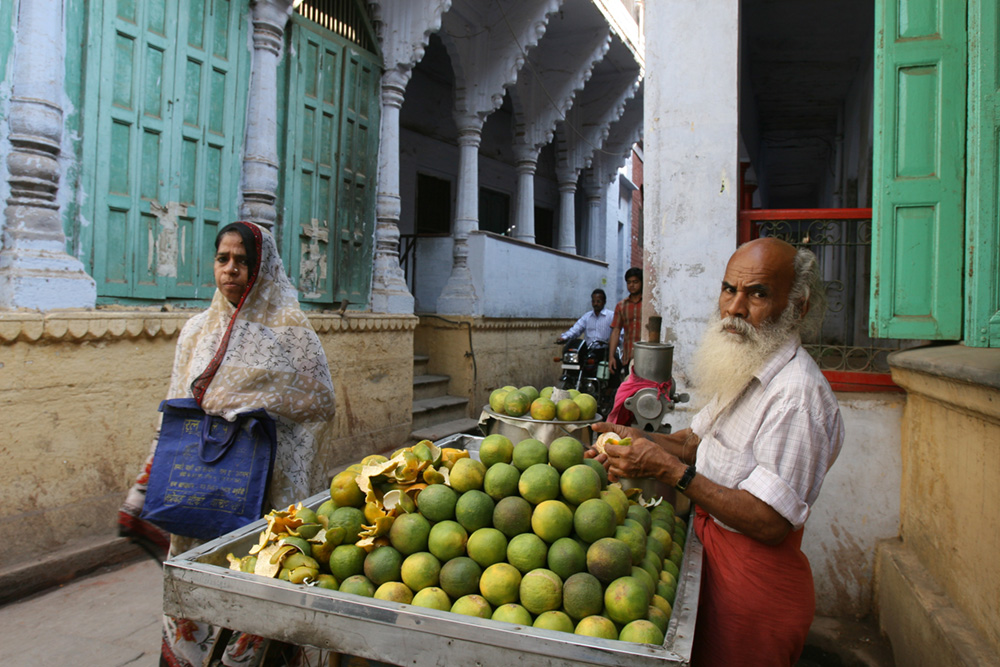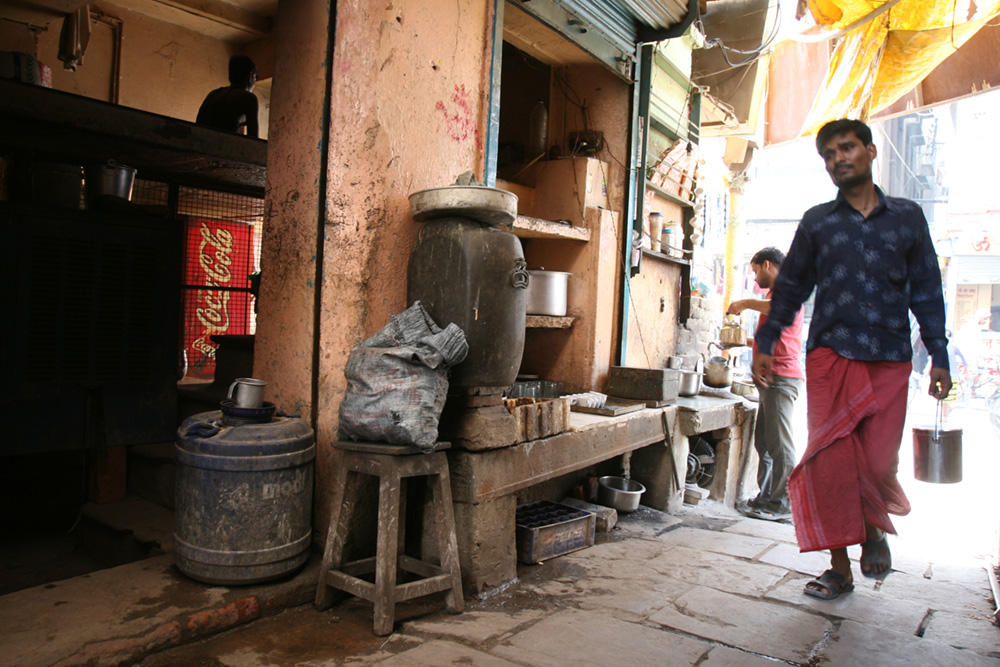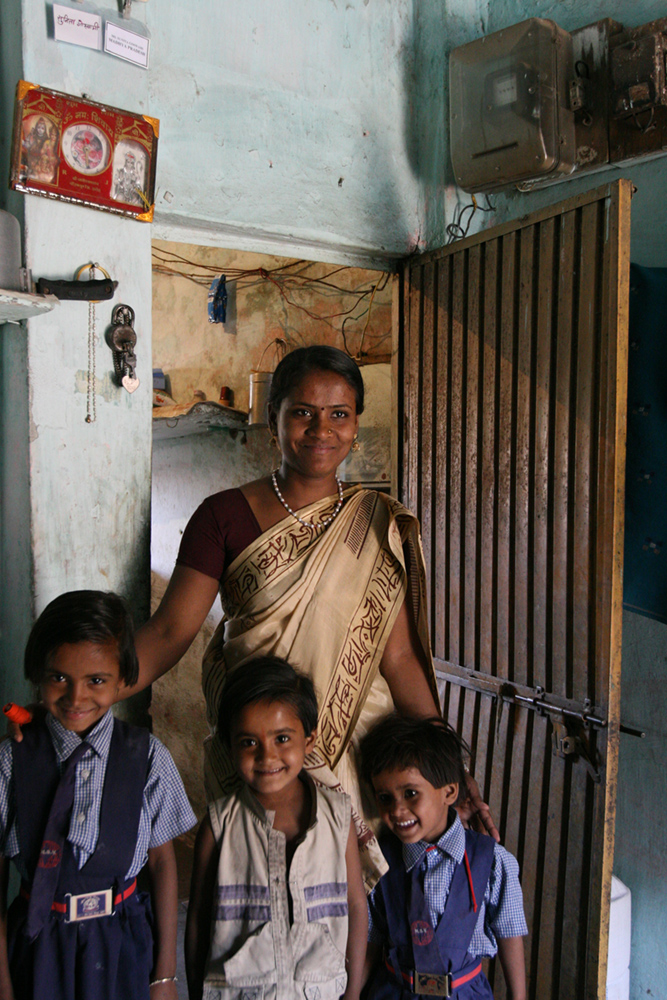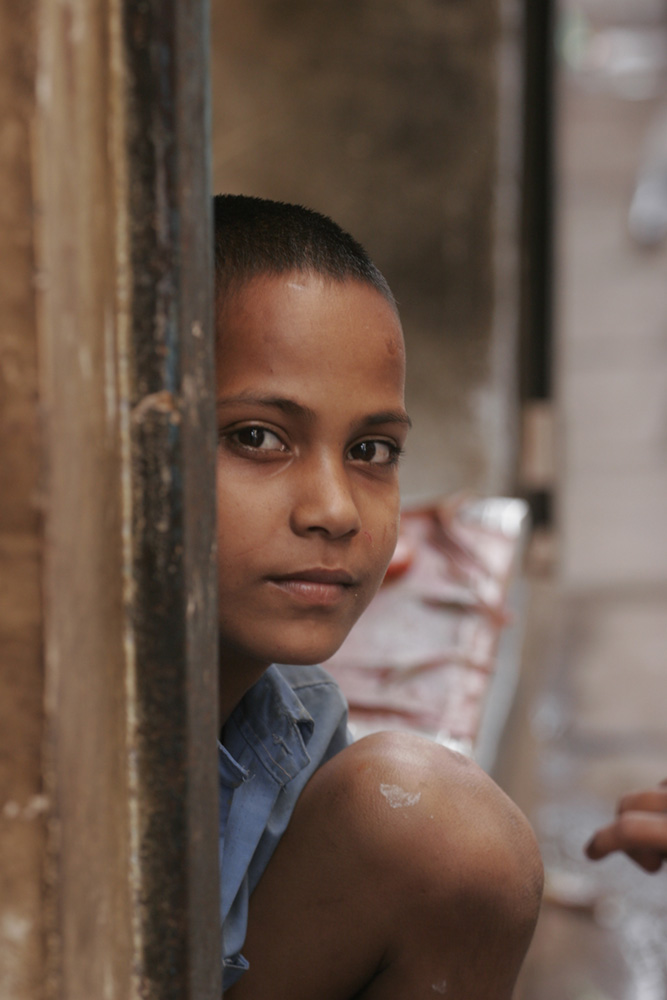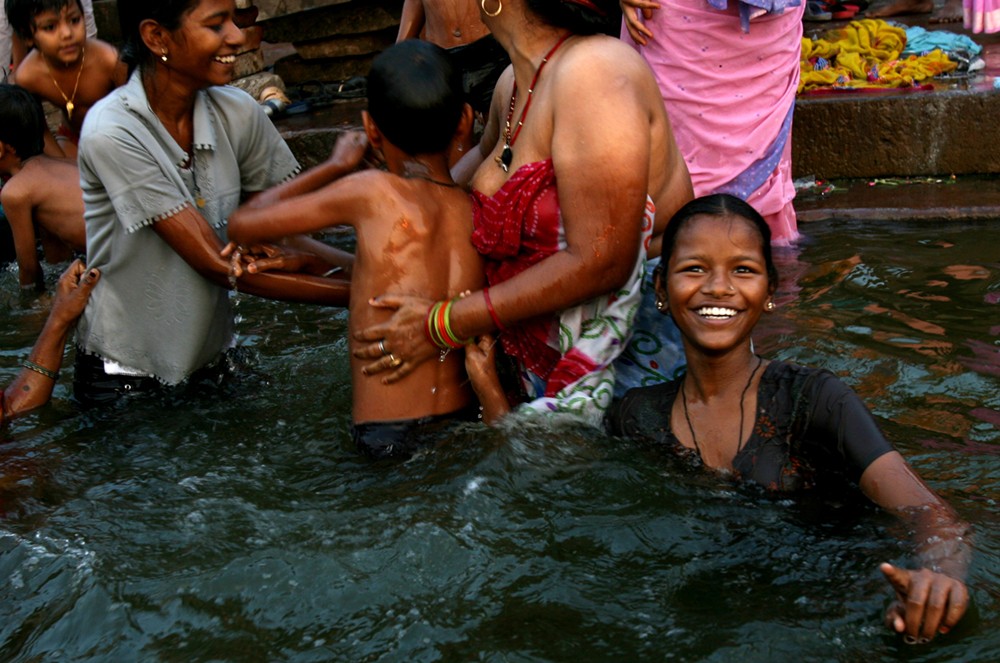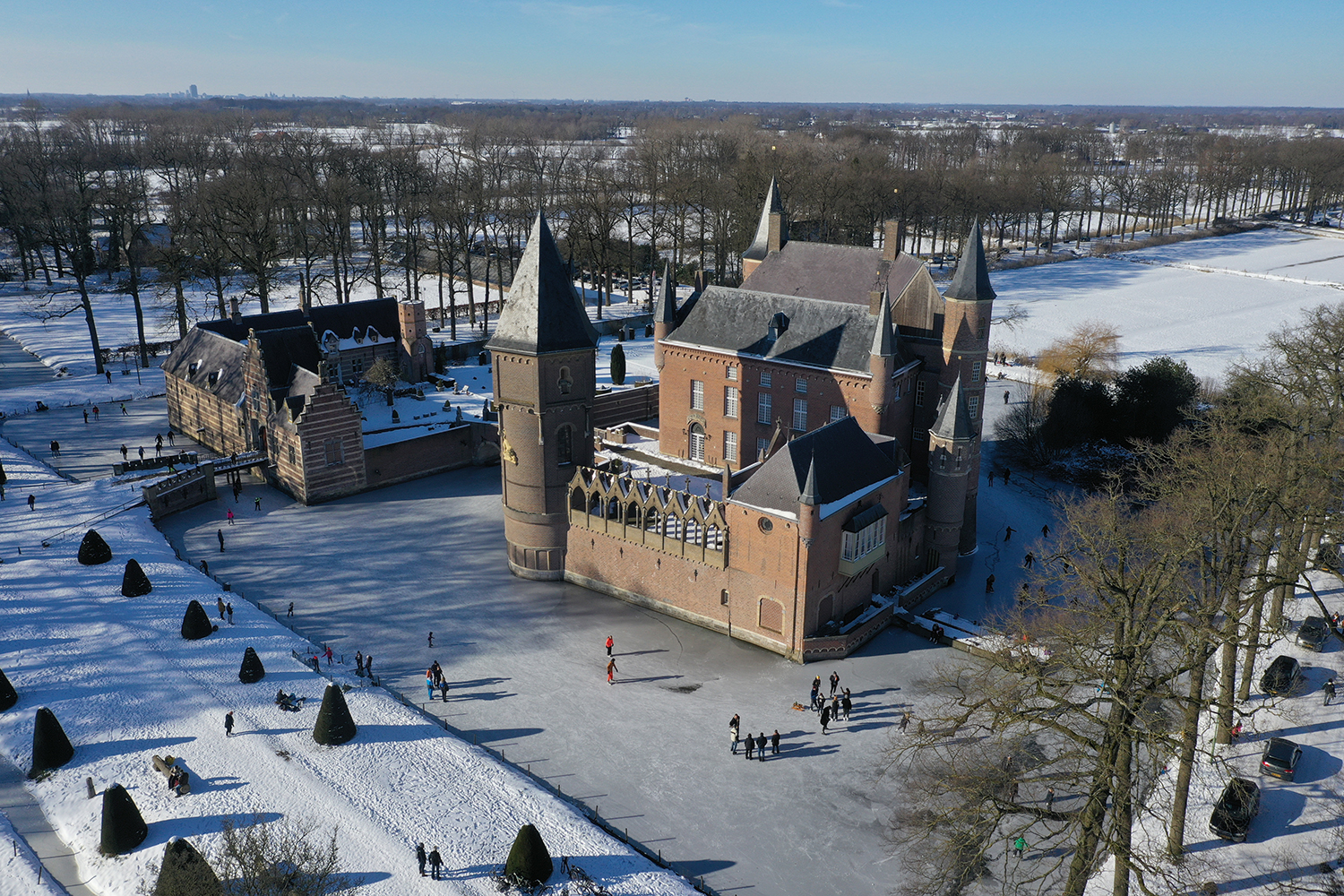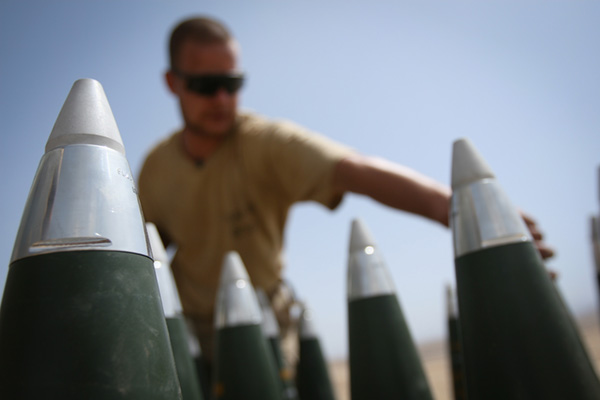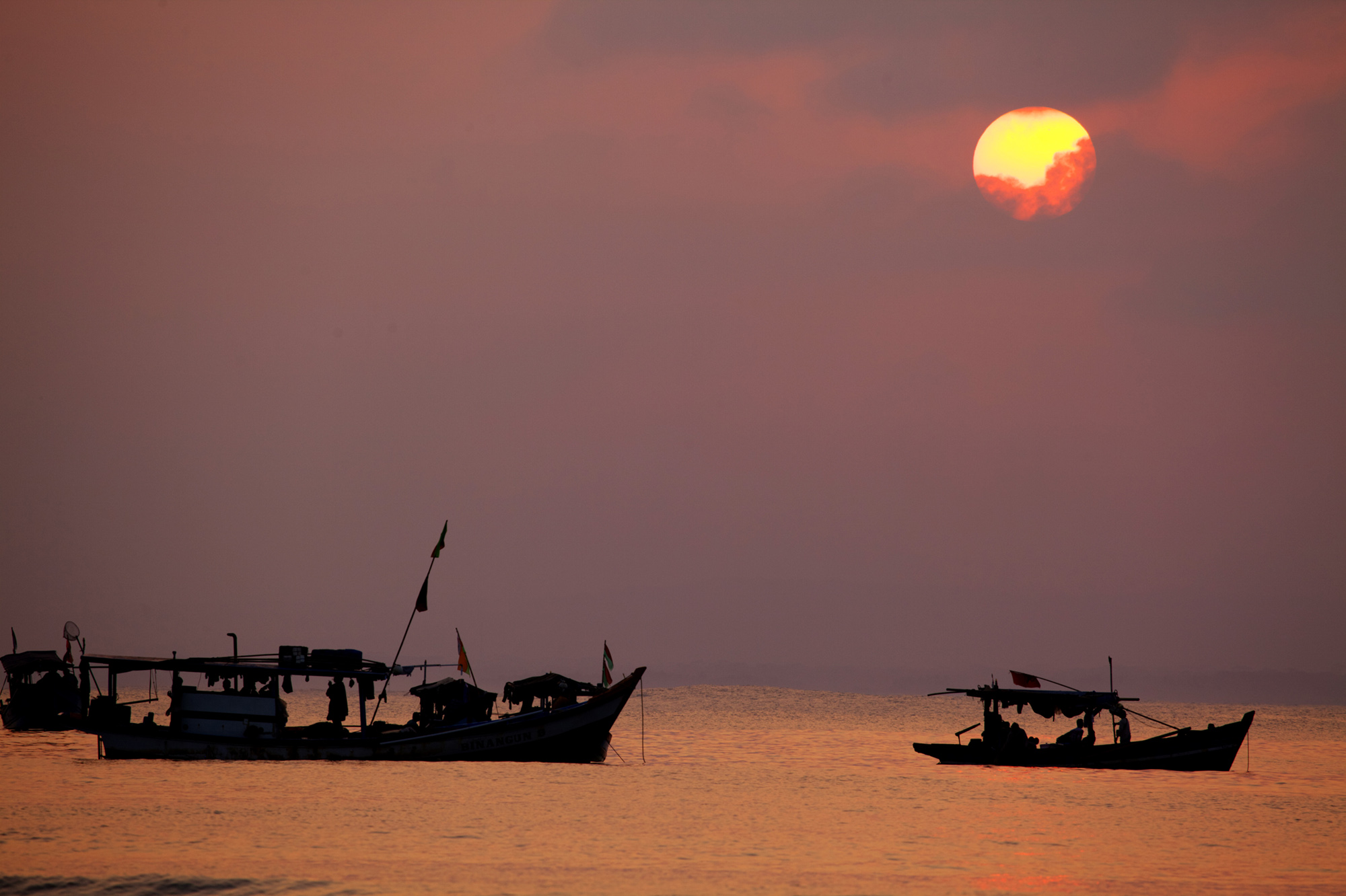The foundation “Solidarity with India”, based in The Netherlands, works with concrete projects to improve the living conditions of poor children, young people and the sick in India. “With good education we try to reduce the growing gap between rich and poor”.
By Bart Coolen
The afternoon is almost over when suddenly there is a great commotion in one of the slums, the slums of the metropolis Bombay on the west coast of India. There are excited voices everywhere. The police,who normally never show up in these neighborhoods, is suddenly present with several troops. My guide Sudhir urges me to come along and through a maze of narrow corridors between the slum dwellings we reach the other side of the slum. There is a drama happening. A forty-year-old man has killed himself with gasoline and set it on fire. The black-charred body makes it clear that all help comes too late here. “Why …?”, I ask my guide in astonishment. He shrugs his shoulders. “Debt, addiction, aids”, he lists some of the possible causes. He immediately informs about the backgrounds of the man. He appears to leave a woman and two young children behind. Sudhir, who is also a social worker alongside a guide, agrees to take care of them. He can do so thanks to donations from the Solidiar Foundation with India from the Berne Abbey in Heeswijk. With two colleagues he runs the organization Parivartan (change) in the Bandra district in the north of Bombay. Parivartan focuses on poor children who are forced to roam or beg on the streets without help from outside. Sudier: “Good education is crucial for these children. Without training they can never find a job later. If we succeed in having at least one child study in each family, he or she can later maintain the whole family and are no longer dependent on third-party help “.
Good education. The idea is easy, but in an overpopulated country like India with age-old traditions such as the caste system and the belief in reincarnation, nothing happens automatically. Bernard Kersten (61) coördinates the projects and is committed to the fate of the poor Indians. “When I first came to India in 1994, I was touched by the country and the people. I saw the terrible poverty and that made me sad and rebellious. Something must be done about this, I thought to myself “. The organization is now active with more than a hundred projects, where they collaborate intensively with other organizations. For example, the “Friends of Bandra East” help children and families in the slums of Bombay and the Rabobank in Heesch sponsors the construction of a school in the countryside. Kersten: “Our approach is focused on bundling different projects in one place. When we build a school somewhere, we also make sure that there is a doctor’s post or a small hospital and we try to start small businesses with microcredits, for example. Through this combination of projects we can work very effectively and we give thousands of families a good future perspective. So never say that our work is just a drop in the ocean. “
In a strongly growing economy like that of India, you would expect the position of the bottom layer of the population to improve. That turns out to be an illusion. “The solidarity among Hindus is not very big,” says Father Lucas from the central Indian city of Indore. “People who are poor will owe that to their bad previous life, they reason. This explains in part the low willingness of rich Indians to help their poor countrymen. In addition, India is struggling with a corrupt government system that makes a lot of money disappear”. To prevent corruption with money from the Solidarity Foundation with India, only concrete projects are financed of which the result can be clearly established. Kersten visits twice a year all places where Solidair is active with India.
I meet Sunita Goshwami in the central Indian city of Indore. The 24-year-old woman is infected with HIV and lives with her three small children in a slum dwelling on the outskirts of the city. Her husband died of AIDS three years ago. To save their honor, the in-laws accused her of an extra-marital affair and put her on the streets with the children. Thanks to the Vishwash (trust) program, which is supported by Solidair with India, she has taken the thread of life again. “I now get medication that makes me feel good again. Sometimes I even forget that I am infected with HIV. Thanks to the Vishwash project, my children are going to school again. Their future will be good”.
The four-week journey takes me from the Amcha Ghar shelter to the countryside, where young girls whose mothers have landed in prostitution are lovingly taken care of, to Ben’s Home where teenage boys learn a trade and prepare for the job market. Everywhere the importance of good education is being preached, but the most important thing that the organization from Heeswijk seems to give people is hope. Everyone I ask about it is positive about the future. Even in the slums, where despite all the misery is still fully lived, played and laughed, the people are confident. “Now our living conditions are still bad, but give us another 15 or 20 years and everything will be better”, is the prevailing view. That opinion is not shared by Bernard Kersten. “India is struggling with huge population growth. Whole families move to the cities in the hope of work. This in turn yields new poor, unemployed people and residents of slums. It will still take several generations before the situation of the lower layers really improves”.
The facts
With 1.1 billion people, India is the country with the highest number of inhabitants after China. More than 350 million people live below the poverty line. In addition, there are over 5.6 million AIDS and HIV patients in India.
The foundation “Solidarity with India” helps underprivileged children, young people, the sick and disadvantaged groups, irrespective of caste or religion;
The organization is attached to the Berne Abbey in Heeswijk, but has been an independent foundation since the beginning of 2006;
The organization cooperates with various other organizations and donors. They have a joint budget of more than 1.4 million euros. This means that more than 100 projects are carried out;
The money is used for concrete, small-scale projects in the field of education, health, labor and housing;
The projects are visited twice a year to check the results and the accounts and to set out new projects;

